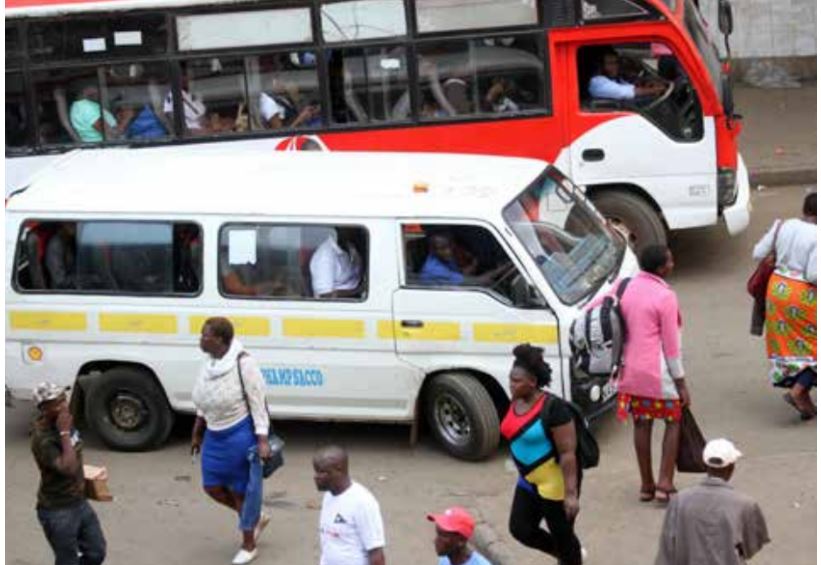Matatu fare control: An analysis and feasibility of the proposed legislation


Kimilili MP Didmus Barasa has introduced the National Transport and Safety Authority (Amendment) Bill, 2023 that seeks to amend the NTSA Act, 2012. If passed, the Transport Cabinet Secretary will have powers to put caps on bus fares for public service vehicles (PSVs) in proposed changes to the law.
Presently, matatus independently determine their fares based on factors such as the route they operate, prevailing weather conditions (especially in Nairobi), distance, time of day, fuel prices, and various other considerations. The prevalent strategy of undercutting is widely employed by operators as a means to outpace competition.
The Cabinet Secretary will also prescribe the mechanisms of reviewing fares charged by matatus as well as measures for ensuring that fares are fair and reasonable.
The issue facing transport prices
The Energy and Petroleum Regulatory Authority (EPRA) revised pump prices upwards in the wake of the doubling of the value-added tax (VAT) on petroleum products to 16 percent. Fuel prices jumped with petrol increasing by Sh13.49 per litre, diesel by Sh12.39 and kerosene by Sh11.96.
Due to the increase in fuel, matatus and buses adjusted their rates to meet the new cost of fuel in order to reduce their operating expenses. As such, the cost was passed down to passengers exacerbating the increase in the cost of living in the country. As it stands now, passengers from Zimmerman to Nairobi’s central business district pay Sh70 up from Sh60. Those commuting from Rongai to Nairobi pay Sh120 up from Sh100 they normally pay on the route especially when the demand for transport is high.
As such, the proposed legislation may make a difference if it is used to lower and streamline the cost of transport.
Comparison globally
In Singapore, public transport rates are set by the Public Transport Council. The formula is used in the annual fare revision exercise to determine the maximum amount that bus and train fares can change after accounting for various factors that influence the operation of public transport services. By design, the formula takes into account the cost of running public transport operations. This would include the core inflation rate, wage and energy costs.
Additionally, in the UK, bus fares are set by the Department for Transport. In 2022, the department announced that bus journeys in England will be capped at £2 for three months amid concerns about the cost-of-living crisis. The government worked with operators and local authorities to introduce the scheme. The Department for Transport said bus operators representing 90% of the market had expressed support for the scheme.
In the US, Kansas City first experimented with zero-fare transit in 2016 with the launch of its streetcar, a two-mile fixed rail line in the city’s downtown where riders can hop on and off, free of charge. The city is investing $400 million to expand the streetcar route to more than six miles by 2025. The zero-fare bus started in December 2019 as a pilot program. Then after Covid hit, the city’s bus authority kept it in place permanently as a safety measure, since it reduced physical interactions between bus drivers and riders.
Conclusion
The proposed fare cap is an ambitious undertaking that may help ease the cost-of-living crisis in the country. However, it may be difficult to enforce or even justify matatus and buses as they are privately owned. There will be pushback as this move will be seen as the government overextending itself.

